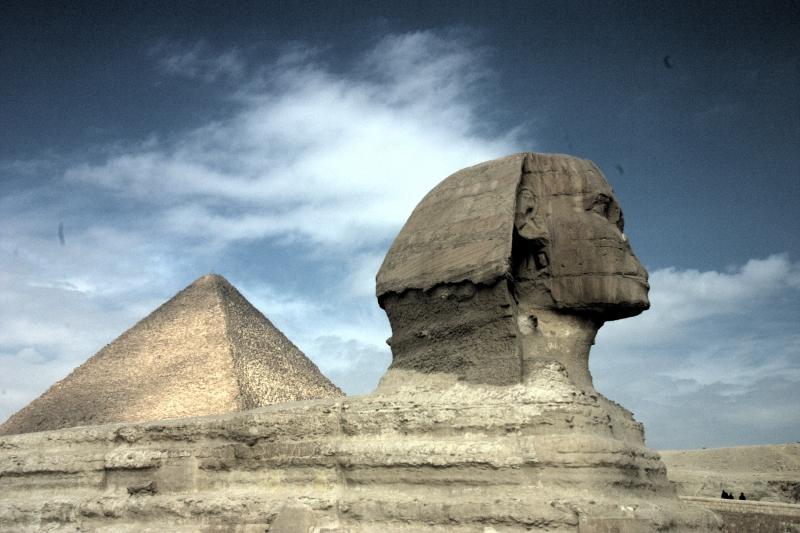Call for submissions is now closed.
Call for Research Submissions
Download in pdf
WICSA is the premier gathering of practitioners and researchers interested in finding out about and improving on the state of practice of Software Architecture. Since its inception, WICSA has functioned as working conference: in addition to conference keynotes and paper sessions, WICSA includes interactive working sessions where practitioners and researchers discuss their experiences in order to understand the current state of the field, and identify opportunities to make a difference in the future.
This environment means that WICSA 2008 is the ideal venue for researchers and software architecture practitioners to discuss successes, failures, and ideas with each other, with these insights helping to identify how best to move the state of both research and practice forward.
We actively solicit several types of submission from the software architecture research community: research papers, experience papers, and working session contributions.
Research and Experience Papers should describe original and significant work on the research and practice of software and system architectures. Papers are limited to 10 proceedings pages, at most 8000 words. Papers must not have been previously published nor have been submitted to, or be in consideration for, any journal, book, or other conference. All papers should explicitly state the goals of systems or approaches described, discuss relationships to previous work, and should use accepted, standard terminology. Submissions especially are invited for experience reports: for example, best and worst experiences of applying software architecture research results, required adaptations to make it work in industry, research gaps which should be filled in, etc.
Working Session Contributions are focused pieces of writing intended to stimulate discussion related to experiences and ideas, rather than to present mature research results, and are limited to 4 proceedings pages, at most 3000 words. Normally they will describe positive and negative characteristics of existing methods and techniques; identify gaps in the state of the practice; or propose new research directions to fill those gaps. The accepted contributions will form the basis of the conference's interactive working sessions.
The conference is also separately soliciting proposals for tutorials to be presented at the conference.
Topics of interest for the conference include (but are not limited to) the following themes:
- Software Architecture Modelling and Analysis Methods
- State-of-the-Art and State-of-Practice in Software Architecture
- Software Architecture Support for Software Qualities
- Relationship of Enterprise, System and Software Architectures
- Architectural Patterns and Styles (including particularly SOA)
- Architecture Description Languages and Model Driven Architecture
- Experiences of Success and Failure with Software Architecture
- Software Architecture Tools
- Industrial Case Studies
- Software Architecture of Large or Very Small systems
- Software Architecture Discovery and Recovery
- Software Architects' Roles and Responsibilities
- Software Architecture for Legacy Systems
- Software Architecture in Systems Integration Programmes
- Product-Line Architectures
- Cultural, Economical and Managerial Aspects of Software Architecture
- Training, Education, and Certification of Software Architects
- Software Architectures for Emerging Systems
Important dates
- 17 September 2007: Submission deadline for research and experience papers and experience presentations
- 28 September 2007: Submission deadline for working session proposals
- 12 November 2007: Notification of acceptance to authors
- 7 December 2007: Camera-ready versions due
- 18th February 2008: Conference begins
Contacts
General chair: Philippe Kruchten, University of British Columbia
Research programme chair: David Garlan, Carnegie Mellon University
Industrial programme chair: Eóin Woods, UBS Investment Bank
